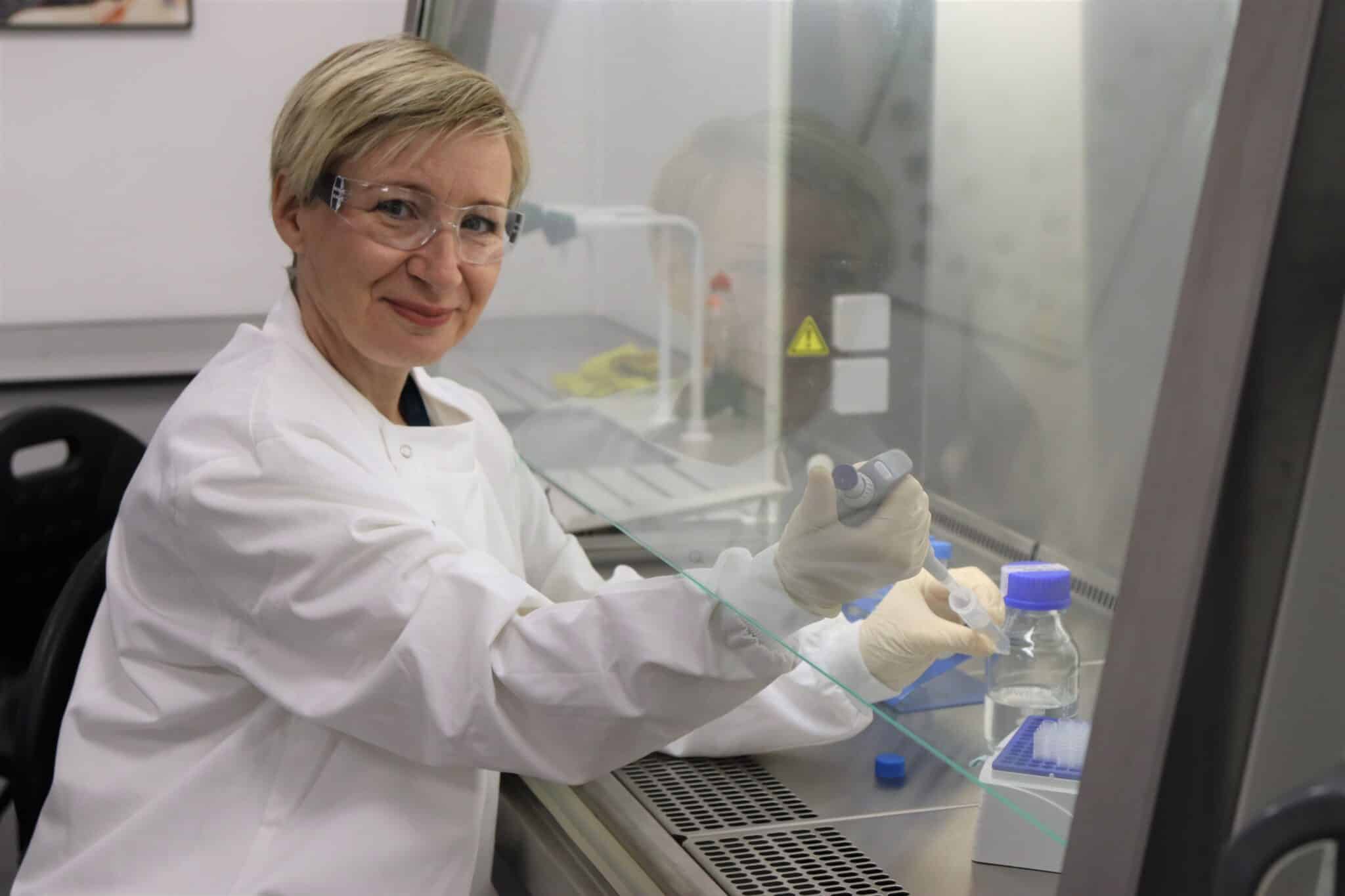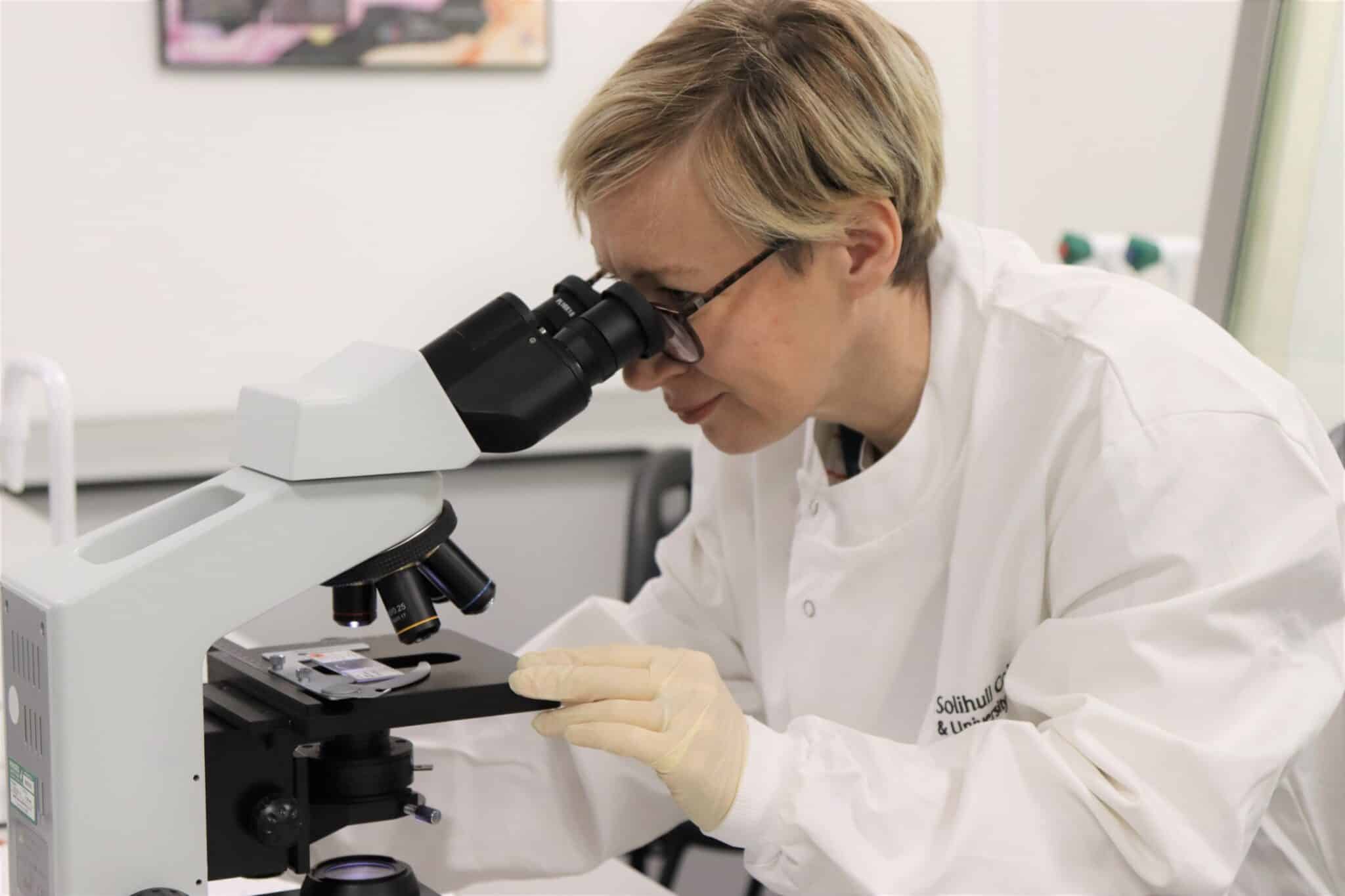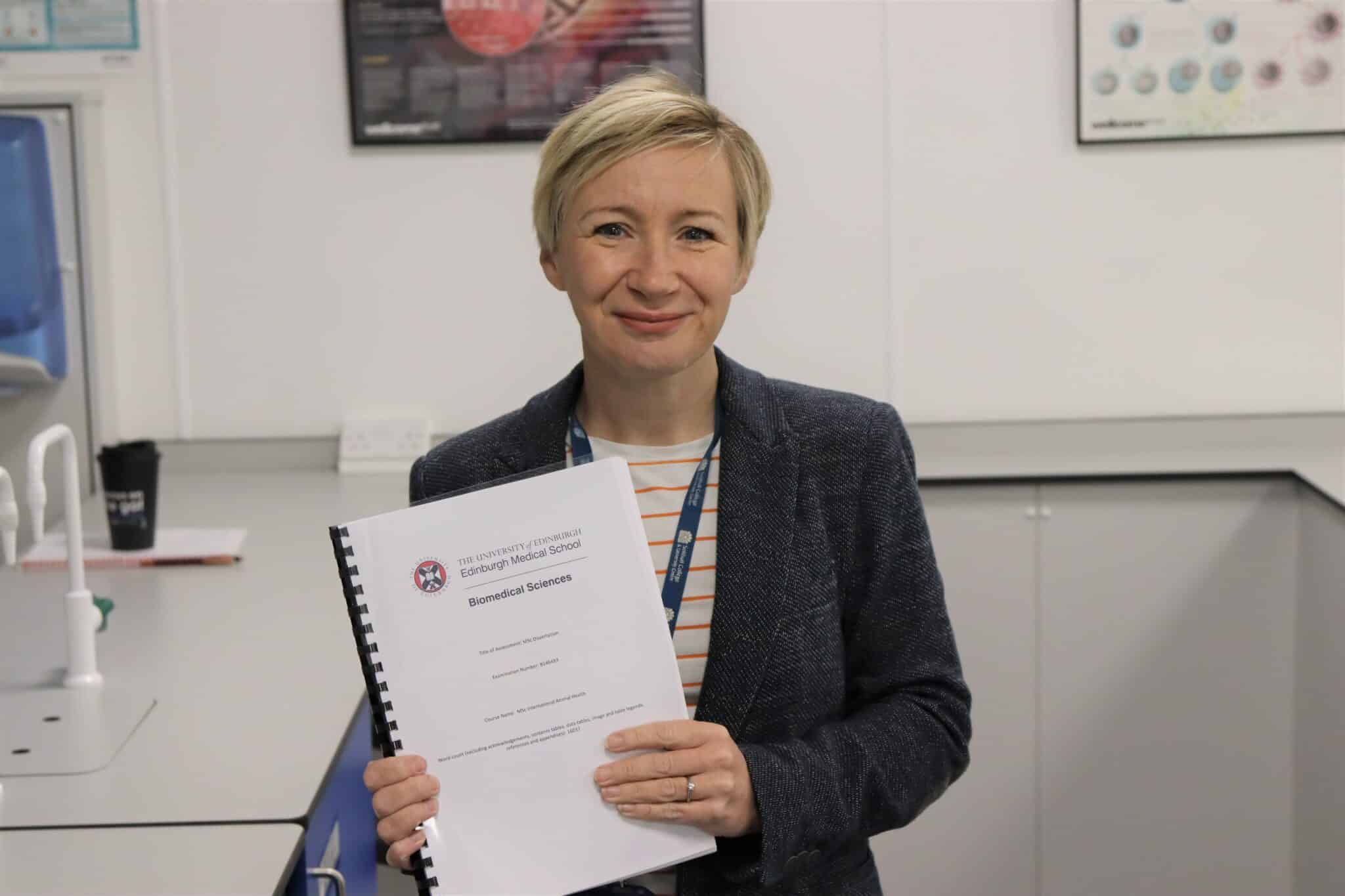An Animal Welfare lecturer from Solihull College & University Centre has been conducting research into Salmonella and its risk factors.
Pet keeping in the UK is increasing, and so are the ancillary services associated with pets. Land-based colleges around the country, including Solihull, train the future workforce for these industries, and must safeguard students from the hazards of working with animals, which includes zoonoses (diseases which can be contracted from animals).

Claudine Barnes teaches on the BSc Animal Behaviour & Welfare Degree offered by the College in partnership with Oxford Brookes University. As part of her latest research, she tested faecal samples from a wide variety of the College’s animals, to see if they were carrying/shedding Salmonella, which many species carry as part of their natural gut fauna and flora.
Animals show no adverse effect or clinical signs, but to humans Salmonella infection can be pathogenic, particularly to those classed as vulnerable. Her research showed prevalence was as expected, if not lower than similar collections – 36%, 33% and 16.7% in snakes, lizards and chelonia (turtles) respectively.

An estimated 11% of all salmonellosis cases arise from animal contact. Academic literature indicates the general pet owning public have limited knowledge about zoonotic disease they can catch from their pets, particularly reptile owners. Research has shown Information on zoonotic disease is not consistently offered by pet stores selling exotic pets, so Claudine was keen to discover more on the subject to help inform her teaching.
As part of the research, Claudine surveyed the students on their knowledge and behaviours regarding zoonotic disease transmission at the start of the course, and again 6 months later to see if their time at the College had any effect on their risk perception. She found that student knowledge surrounding animal husbandry and disease prevention significantly increased during the period. She also found that despite better understanding the dangers, students often took risks when it came to their own pets at home such as letting dogs lick their face and hands, or cats jumping on food preparation areas – even in households with vulnerable members. This echoes other literature which found many working in the animal sector see zoonotic disease as an occupational hazard they have to put up with.

Claudine comments: “It is important to highlight to students the good hygiene and disease prevention practices when working with animals – not only for the animal but for their health too. Although zoonotic disease is not particularly common, it can have severe consequences for some. Our students are frequently working with animals that carry pathogenic bacteria. Students are always told to wash their hands here in the workplace, but I wanted to highlight the importance the doing the same with pets in the household. People often see pets as part of the family and not a potential source of disease. My research findings have been shared with students, and hopefully has made them consider how they can further prevent zoonotic disease transmission.”
The College would like to congratulate Claudine for achieving a fantastic 2.1 result in her MSc International Animal Health from the University of Edinburgh.







































